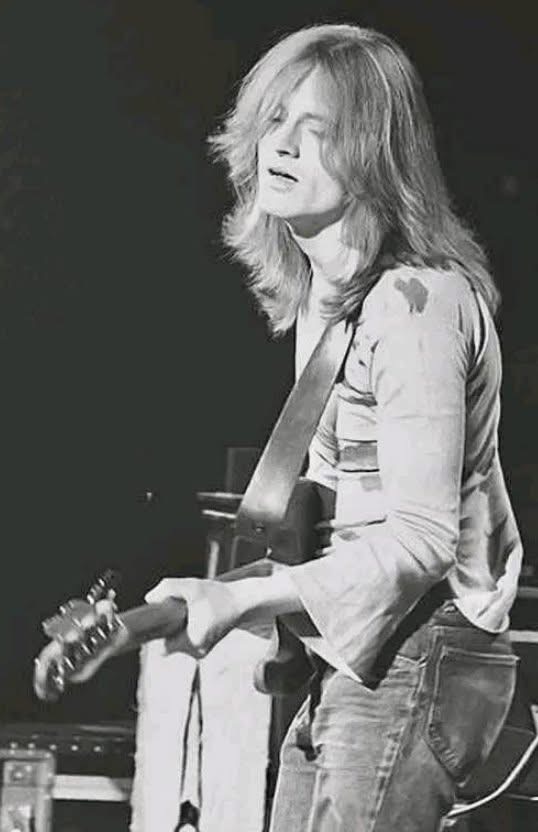In 1973, John Paul Jones, the bassist and keyboardist of Led Zeppelin, faced a critical juncture in his career. After years of relentless touring, recording, and living life on the road, Jones found himself physically and emotionally exhausted. The pressures of constant travel and the prolonged time away from his wife and children had taken a toll on him, prompting serious thoughts about leaving the band altogether.
Led Zeppelin had reached the height of their fame by this point, with global tours and massive album sales. Yet for Jones, the demands of the rock and roll lifestyle were beginning to outweigh the rewards. Despite being an integral part of Zeppelin’s sound and musical direction, he felt increasingly disconnected from his family and personal life, which weighed heavily on his conscience.
According to Jones, he was close to stepping away from the band in late 1973. He even told his bandmates that he wanted to quit. However, it was the intervention of Led Zeppelin’s formidable manager, Peter Grant, that ultimately convinced him to stay. Grant, known for his loyalty and fierce protection of the band, understood the importance of Jones’s role in their success. Rather than pressure him with business arguments, Grant appealed to Jones’s sense of balance, offering him time off and assurances that his personal well-being mattered.
Grant’s intervention proved pivotal. With a renewed sense of purpose and some time to recharge, Jones decided to remain with Led Zeppelin. His continued presence would be crucial in shaping the band’s later works, including the layered arrangements on Physical Graffiti and the orchestral textures on Presence. Jones’s decision to stay not only preserved the group’s creative chemistry but also underscored the importance of personal connection and understanding in sustaining long-term artistic partnerships.









